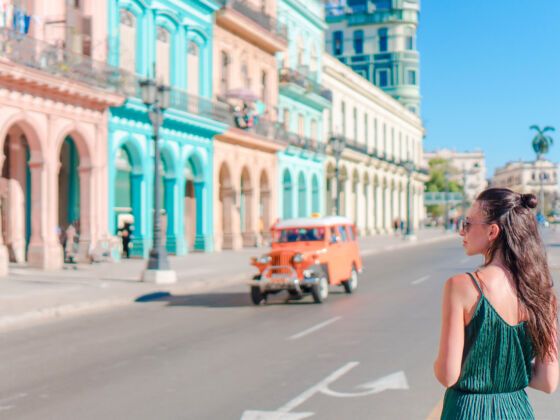1. “Guantanamera” was the subject of a Supreme Court case.
“Guantanamera” is the unofficial anthem of the island (Celine Dion is runner-up with “My Heart Will Go On”). The song is easily heard five times a day, pumped out of every bar and restaurant, and it’s on every live band’s playlist. I initially thought the lyrics were about a girl from Montana, but that might have been the rum listening.
The song originated as a catchy melody first used on Jose Fernandez Diaz’s radio program as background music to deliver the daily news. Over time, artists put lyrics to it, but there are differing accounts of the original composer. Both Fernandez Diaz and Herminio “El Diablo” Garcia Wilson claimed the song; in 1993, the Supreme Court of Cuba concluded that Diaz was the composer.
Scroll through YouTube and you’ll find impassioned covers by Julio Iglesias, Wyclef Jean, and Pete Seeger (who recorded the first modern version).
